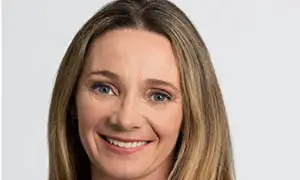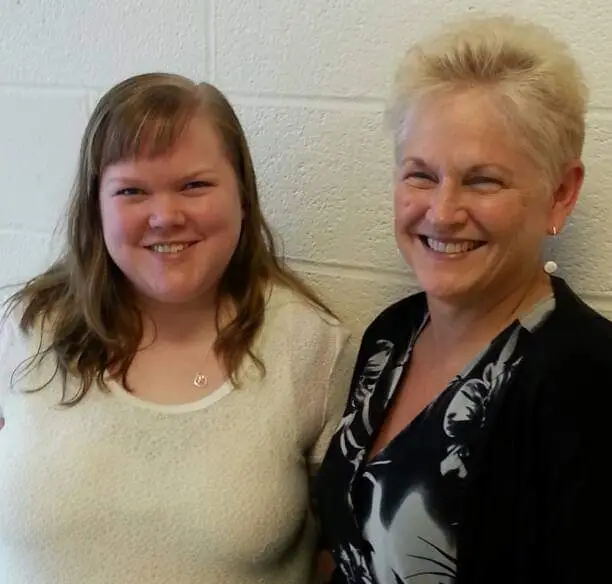Adverse drug reactions and patient safety: A conversation with Caitlin Campbell
By: Christina Francke

The BC Patient Safety and Learning System (BCPSLS) is a province-wide, web-based system that facilitates the reporting of adverse events, near misses, and hazards in health care. It’s been in use since February 2008 and is the only provincial system of its kind in Canada.
Caitlin Campbell has been working for BCPSLS since 2018, managing mandatory reporting of adverse drug reactions to Health Canada. Leveraging the skills she learned as a pharmacy technician and her abilities with data capture best practices and patient redaction from Douglas College, Caitlin has excelled in her role as a health information specialist. She took some time to talk to me about Vanessa’s law, cloud-based reporting, COVID-19, and taking on HIM students.
The Protecting Canadians from Unsafe Drugs Act, known as Vanessa’s Law, requires mandatory reporting of serious adverse drug reactions and medical device incidents to Health Canada. It helps protect Canadians from unsafe products and allows Health Canada to enact actions such as ordering a product recall. “BCPSLS started the voluntary adverse drug reporting of drug reactions in 2014,” Caitlin shared. They knew that mandatory reporting would be implemented in 2019.
I noted the increase of reports after Vanessa’s Law was implemented. “It’s about having increased awareness—that no matter a person’s history with a medication, they can have a reaction anytime,” Caitlin says. “You have to pay attention to the patient experience, and that is what Health Canada’s goal is: to be able to properly gather as much post-market information as possible to guide medical professionals on the way medications are working.”
She says that BC is exceptional in their reporting. “We have a specific organization managing and facilitating reporting from hospitals,” Caitlin explains. “They make sure that everything little thing gets captured and sent to Health Canada in a timely manner” and with the highest quality of data possible.
BCPSLS plans to move to a cloud-based reporting system in 2021. Caitlin says she doesn’t foresee any challenges with respect to the technology, but “getting people and our users to adapt to a new system—and to trust cloud-based reporting” will be more difficult. “Getting people to change is always the biggest challenge,” she says.
Speaking of change, Caitlin shares that BCPSLS has shifted to home-based work for most employees during the COVID-19 pandemic. But she’s quick to point out that their focus hasn’t changed. The organization launched new reporting queries and form changes regarding COVID-related incidents in hospitals, including in the areas of infection control, medication, and medical devices.
Finally, we spoke about her experience taking on HIM students from Douglas College. She says it was great—it provided students with hands-on experience with raw data while assisting Caitlin and other BCPSLS employees with data management. Caitlin was particularly impressed with the way the students took an idea and ran with it. Her advice to other health information professionals who are considering taking on students? “Go for it!” She found the relationships that developed between the students and employees at BCPSLS rewarding, both personally and professionally.
To wrap things up, I was curious about what Caitlin finds most rewarding about being a health information professional. “Being part of the whole system is really rewarding for me—especially in patient safety,” she shares. “As a health information professional, you feel kind of removed. You’re after the fact in patient care, but all this work has to be done. Adequate patient care can’t be at its absolute best without all the small cogs in the machine working together.”






